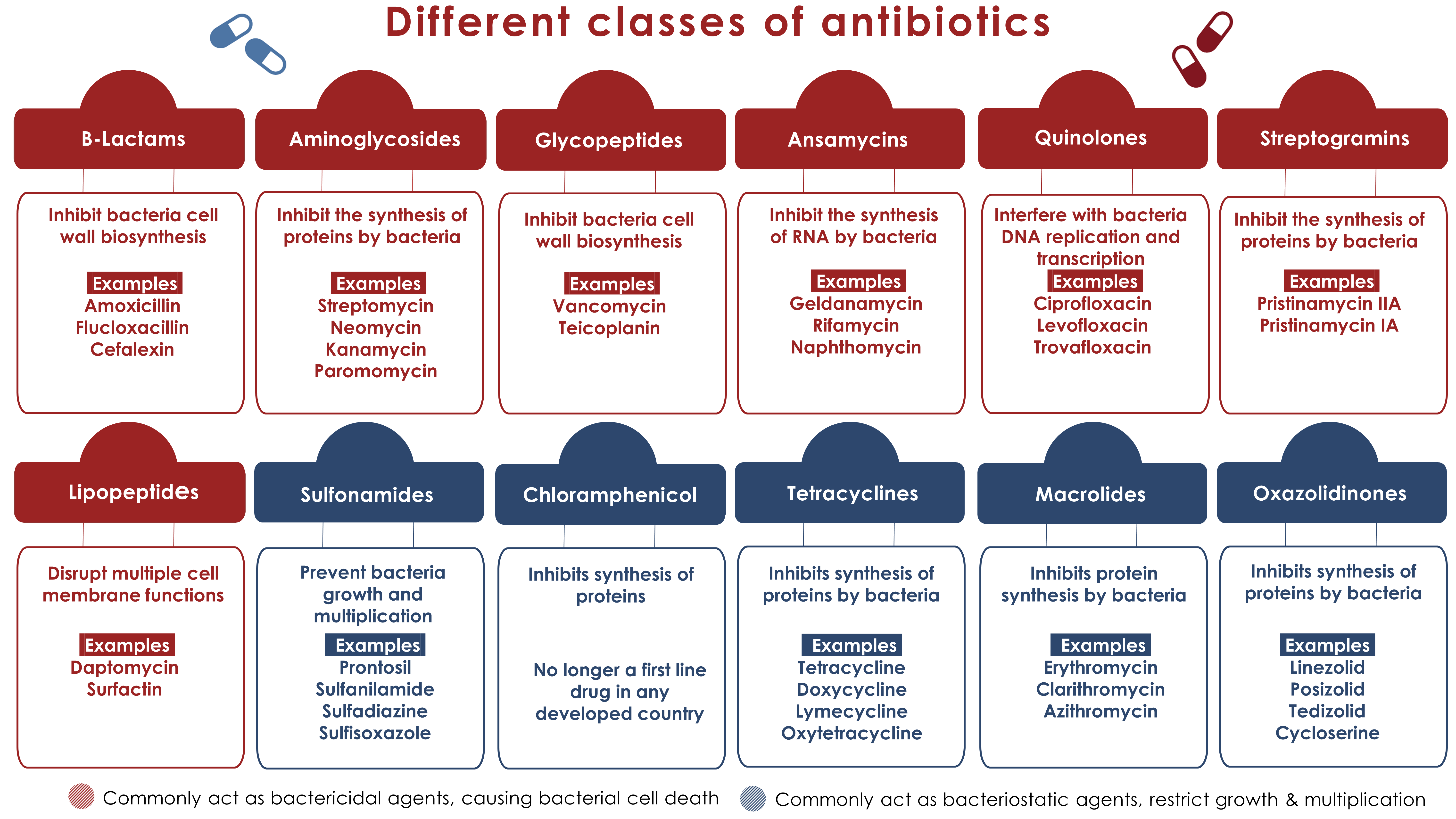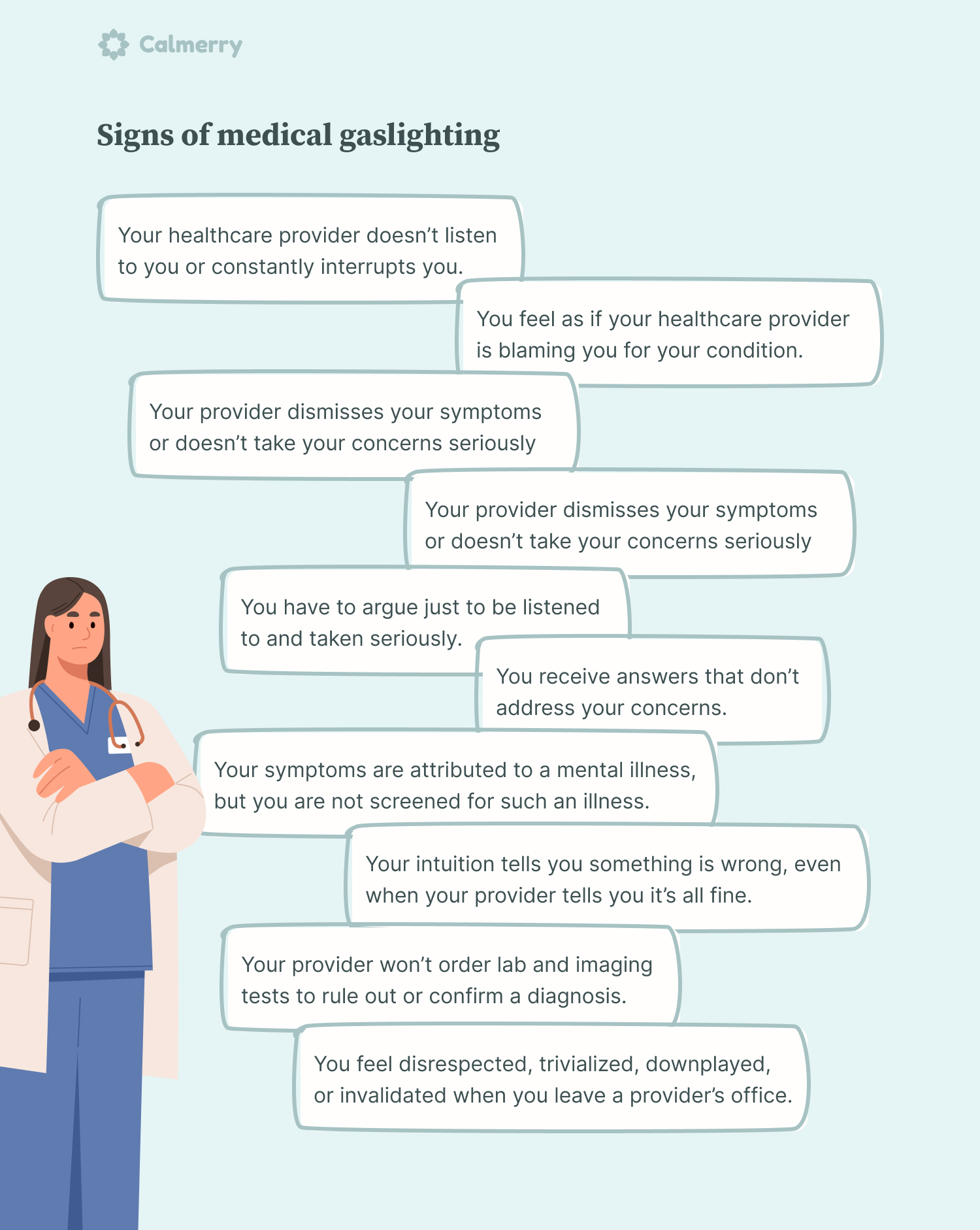Eating oranges may play a pivotal role in lowering depression risk, potentially by as much as 20 percent. Recent studies suggest that the consumption of citrus fruits can positively influence mental health, primarily through their effect on the gut microbiome. Specifically, oranges contribute to the growth of beneficial bacteria like *F. prausnitzii*, which is linked to improved serotonin and dopamine production—neurotransmitters essential for mood regulation. Incorporating these citrus fruits into a mental health diet could not only aid in depression prevention but also harness the broader benefits of citrus fruits for overall well-being. As researchers delve into the gut-brain axis, the findings underscore the potential of dietary choices, such as eating oranges, in enhancing mental health and emotional stability.
The relationship between citrus consumption and emotional well-being is gaining attention as a promising topic in dietary research. Different varieties of citrus fruits, such as oranges, might hold unique properties that influence psychological health. Insights into the microbiome suggest that specific gut bacteria, particularly *F. prausnitzii*, could facilitate a more balanced mental state by fostering neurotransmitter production linked to mood enhancement. This emerging evidence could inform new approaches to dietary habits aimed at mitigating depression and promoting mental resilience. With the rise of interest in how nutrition affects our emotions, understanding the full scope of benefits associated with citrus fruits becomes increasingly important.
The Link Between Citrus Fruits and Mental Health
Recent research highlights the positive impact of citrus fruits on mental health, specifically in reducing the risk of depression. Consuming oranges, which are rich in vitamins and antioxidants, may play a crucial role in promoting a balanced mental state. Citrus fruits like oranges and lemons are particularly noted for their antioxidant properties, which can combat oxidative stress and inflammation in the body, both of which are linked to mood disorders. This connection emphasizes the importance of including citrus in a mental health diet as a preventive measure against depression.
Furthermore, citrus fruits are known to enhance the diversity of beneficial gut bacteria, which is essential for a healthy gut microbiome. The presence of beneficial bacteria, such as Faecalibacterium prausnitzii, has been shown to influence the production of key neurotransmitters like serotonin and dopamine. These neurotransmitters are vital for mood regulation, suggesting that the consumption of citrus fruits not only boosts physical health but also has profound implications for mental well-being.
Frequently Asked Questions
How does eating oranges affect depression risk?
Eating oranges may help lower depression risk by approximately 20%, thanks to their ability to stimulate the growth of beneficial gut bacteria like F. prausnitzii, which is linked to improved mood and mental health.
What are the benefits of citrus fruits for mental health?
Citrus fruits, such as oranges, play a role in mental health by supporting the growth of gut bacteria that influence neurotransmitter production. This may help reduce depression risk and enhance overall well-being.
What is the gut-brain axis and how does it relate to depression prevention?
The gut-brain axis refers to the biochemical signaling between the gastrointestinal tract and the brain. Eating oranges can enhance this axis by promoting the growth of F. prausnitzii, potentially lowering depression risk through improved mood-regulating neurotransmitters.
Can a mental health diet including oranges reduce depression symptoms?
Incorporating a mental health diet that includes oranges may help alleviate depression symptoms by fostering a healthy gut microbiome, which is essential for balanced neurotransmitter levels related to mood enhancement.
Is there a link between F. prausnitzii and mental health?
Yes, research suggests that higher levels of F. prausnitzii in the gut are associated with lower depression risk, making it important for mental health. Consuming oranges can promote this beneficial bacteria.
What role do citrus fruits play in depression prevention strategies?
Citrus fruits can be a valuable addition to depression prevention strategies, as their consumption is linked to enhanced gut health and the production of mood-regulating neurotransmitters, possibly lowering overall risk.
How does the consumption of oranges influence neurotransmitter levels?
Eating oranges may boost levels of serotonin and dopamine, neurotransmitters that play critical roles in mood regulation, through the action of gut bacteria like F. prausnitzii influenced by citrus intake.
Are oranges a substitute for traditional antidepressants in managing depression?
While oranges can contribute to depression prevention through dietary changes, they are not a substitute for traditional antidepressants. Rather, they may complement other treatments in a holistic management approach.
Can a diet rich in citrus fruits impact long-term mental health?
Yes, a diet rich in citrus fruits may positively impact long-term mental health by promoting beneficial gut bacteria, which can lead to improved neurotransmitter balance and reduced risk of depression.
What future research is needed regarding citrus fruits and mental health?
Future research should include clinical trials to confirm the impact of citrus fruits on mental health and depression risk, further exploring the mechanisms behind the gut-brain connection.
| Key Points |
|---|
| Eating citrus, particularly oranges, may lower depression risk by 20%. |
| Citrus consumption is linked to higher levels of beneficial gut bacteria, Faecalibacterium prausnitzii, which is associated with mood elevation. |
| Previous studies showed no correlation between other fruits (like apples or bananas) and depression risk. |
| The research utilized data from the Nurses’ Health Study II, involving over 100,000 women. |
| Future clinical trials are needed to establish citrus as a treatment for depression. |
Summary
Eating oranges may significantly lower depression risk, highlighting an important dietary factor in mental health. Recent studies indicate that consuming one medium orange daily could reduce the chance of developing depression by about 20%, potentially due to its positive impact on gut bacteria that influence mood-regulating neurotransmitters. This research emphasizes the importance of dietary choices in mental health management and encourages further exploration into how incorporating citrus fruits into daily diets could serve as an accessible preventive measure against depression.




